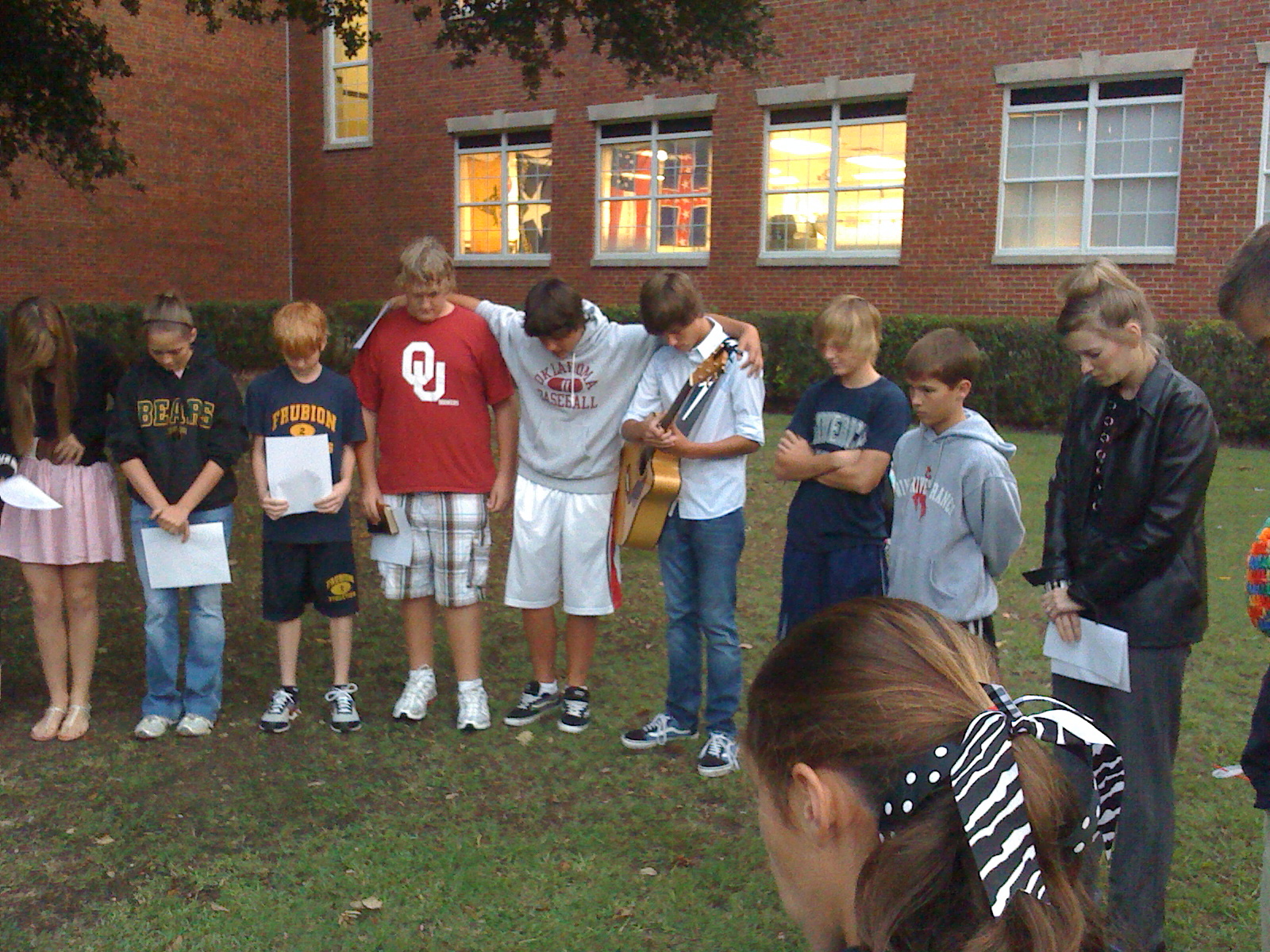The Church’s Finest Hour
Yesterday I asked, “Could it be that this would be our finest hour?” When is a church’s finest hour? It’s been said that the Church of God does not have a mission in the world; but rather, “the God of mission has a Church in the world.” Our God, the Primary Missionary, came to us in Christ for one reason: to reconcile us to Himself. We worship the God of restoration, redemption, and healing. 2 Corinthians 5:16-21 is clear that God’s mission is to reconcile us to Himself through Christ. Now we have become agents (“ambassadors”) of restoration, reconciliation, and grace.
James 5:19-20 says, “My brothers, if any of you should wander from the truth and someone should bring him back, remember this: whoever turns a sinner from the error of his way will save him from death and cover over a multitude of sins.”
Galatians 6:1-2 says, “Brothers, if someone is caught in a sin, you who are spiritual should restore him gently. But watch yourself, or you also may be tempted. Carry each other’s burdens, and in this way you will fulfill the law of Christ.”
Of course, Jesus (as he challenged the Pharisees before the adulteress woman) gives us the definitive word on how we are to respond to our fallen brothers and sisters: “If anyone is without sin, let him throw the first stone at her.” John 8:7.
I’m so grateful that our church (FBC McKinney) is first and foremost a community of grace. The church’s finest hour is when she recognizes the amazing, undeserving, and transforming grace of God and determines to really live in it. I heard it yesterday; I’m hearing it today… Listen to the stones as they hit the ground. That’s the sound of grace in action.
Be diligent to guard your heart and your tongue. Be prayerful, be forgiving, and be hopeful. God’s best for you is yet to come.


